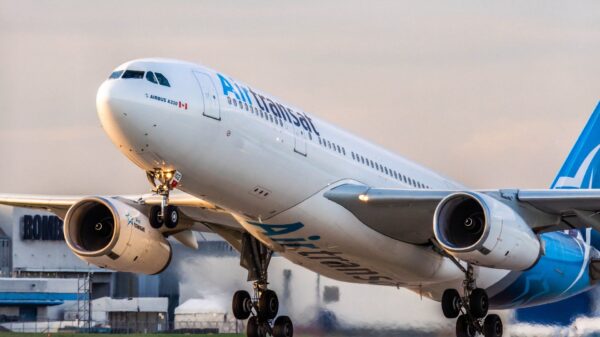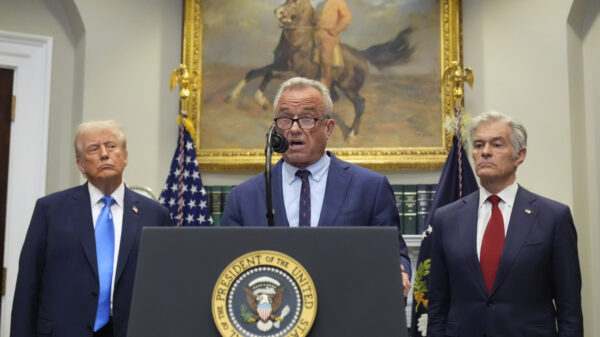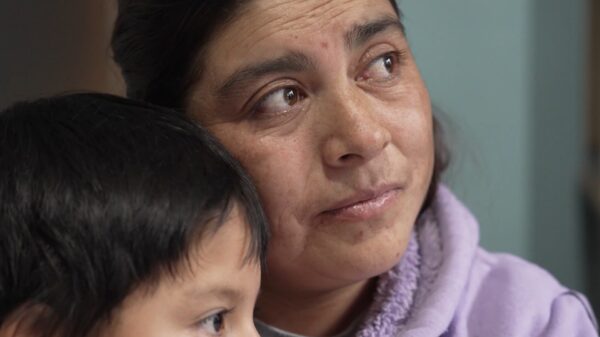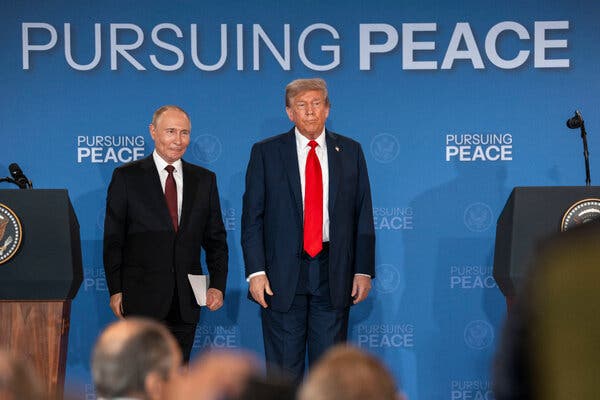The recent summit between Donald Trump and Vladimir Putin failed to produce any significant agreement regarding the ongoing conflict in Ukraine, which has persisted since 2020. After nearly three and a half hours of discussions, Trump departed from Alaska without achieving even a temporary cease-fire, a critical initial step for further negotiations.
For Ukrainians and their European allies, the outcome was mixed. While the absence of a deal is disappointing, there was a sense of relief that Trump did not concede to Putin’s territorial demands. This scenario could have forced Ukrainian President Volodymyr Zelensky into a precarious position, potentially sacrificing over 20 percent of Ukraine’s territory in exchange for a peace agreement.
Summit Dynamics and Diplomatic Nuances
During the press briefing following the summit, Trump expressed dissatisfaction with the lack of progress, stating he would not be “happy” with the outcome. Both leaders boarded their planes without clarifying the future path towards peace, as Putin mentioned a need for an expedited resolution to the conflict but did not provide specific details. Trump later shifted the responsibility for securing a cease-fire onto Zelensky, indicating a lack of a clear framework for moving forward.
The tone of the meeting was notably cordial. Trump referred to Putin as “Vladimir” and reflected on past distractions, particularly the investigations into Russian interference in the 2016 U.S. elections. Trump characterized their dialogue as a positive step, suggesting that future discussions might occur, including a possible invitation for him to visit Moscow.
The leaders’ refusal to take questions from the press, a notable departure from Trump’s usual eagerness to engage, underscored the limited substance of their talks. Trump described the meeting as a “10,” emphasizing personal rapport over concrete agreements, and appeared to downplay the need for urgent action regarding sanctions on Russian oil, which had previously been a topic of concern.
Repercussions and Global Implications
The summit has drawn comparisons to Trump’s earlier meetings with North Korean leader Kim Jong-un, noted for their emphasis on personal chemistry rather than substantial diplomatic gains. Robert Litwak, a scholar at George Washington University, remarked that the meeting was rich in atmosphere but lacking in substance, raising concerns about legitimizing Putin’s actions amidst ongoing allegations of war crimes.
Putin’s presence at the summit marked a significant shift in his international standing, as he was received warmly by the U.S. President after years of isolation due to the war in Ukraine. His arrival at a major American air base, where F-22 fighters were stationed, signaled a moment of regained authority on the global stage.
As the dust settles on this meeting, the implications for Ukraine remain uncertain. Trump has pledged to update European allies and Zelensky on the discussions, but the lack of tangible results raises questions about the efficacy of such high-profile diplomatic encounters. For Putin, the summit offered a strategic respite from sanctions and reinforced his image as a player in international diplomacy without conceding any ground in Ukraine.
This episode exemplifies the complexities of international relations and the challenges of resolving protracted conflicts, particularly when personal dynamics overshadow substantive negotiations. The world will be watching closely to see how this relationship evolves and what, if any, steps will be taken towards a resolution in Ukraine.







































































